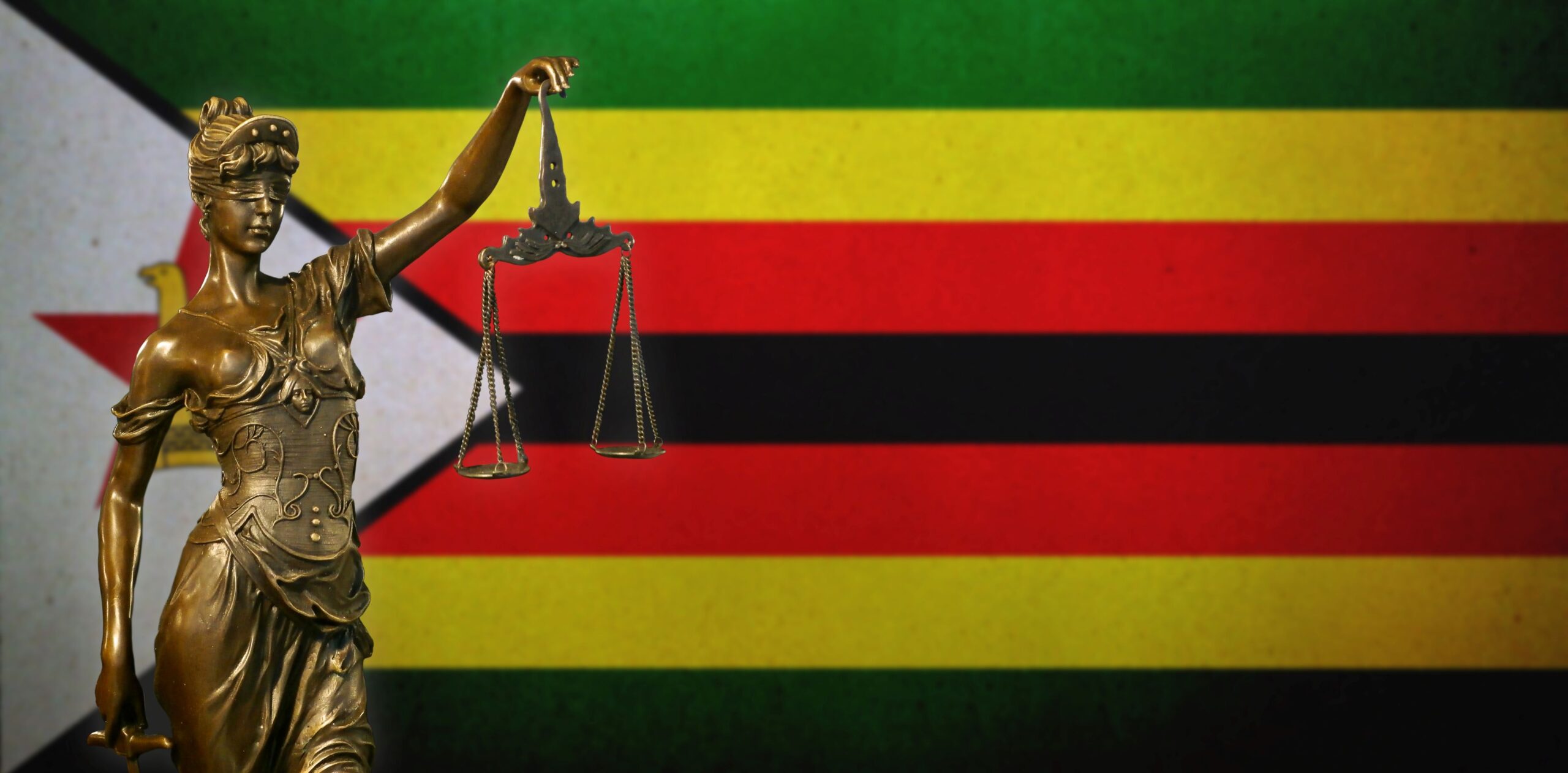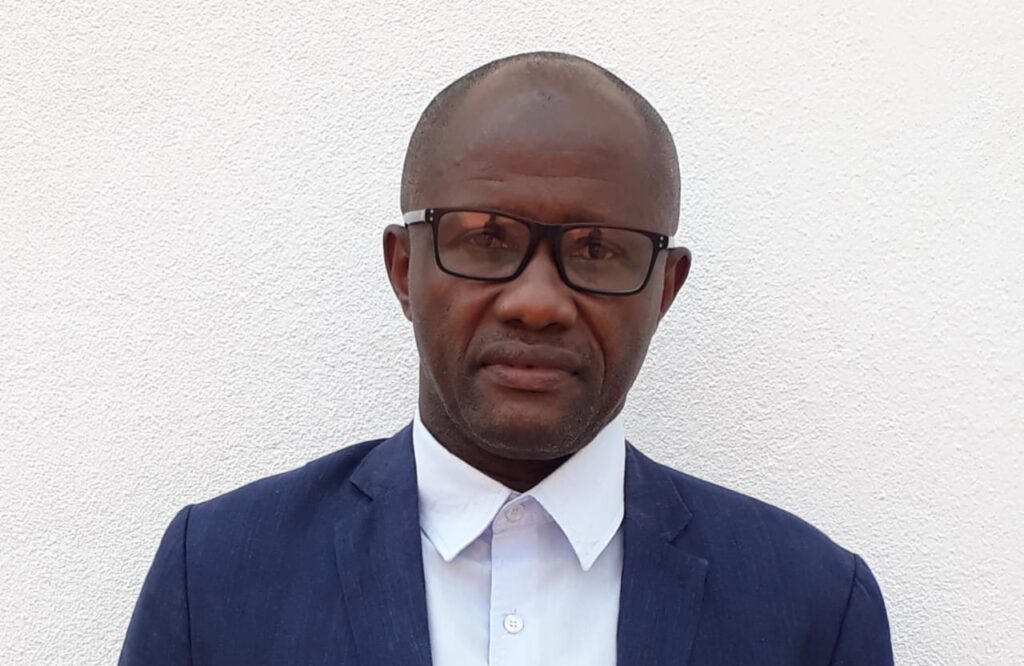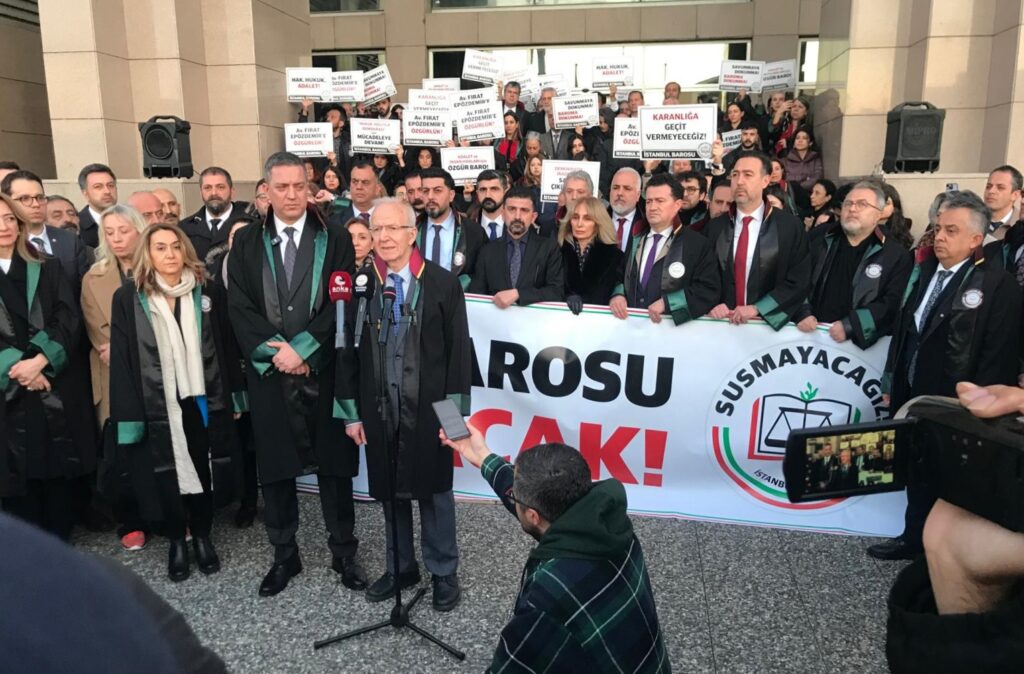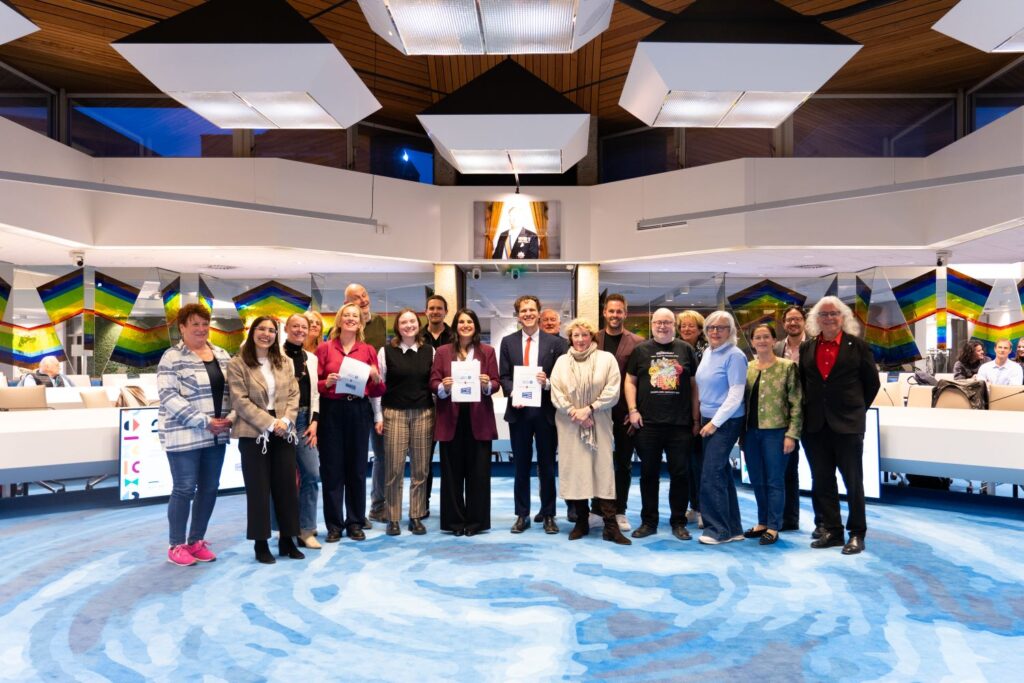On 3 February 2025, Lawyers for Lawyers (L4L), the Law Society of England and Wales (LSEW), the Bar Human Rights Committee (BHRC), and the International Bar Association’s Human Rights Institute (IBAHRI) submitted a report on Zimbabwe’s implementation of the International Covenant on Civil and Political Rights (ICCPR). During its review of Zimbabwe’s second periodic report, the UN Human Rights Committee will assess the country’s compliance with the ICCPR.
This submission raises significant concerns regarding the independence of the judiciary in Zimbabwe, interference with lawyers’ activities, and restrictions on the right to an effective defense. The submitting organisations highlight the increasing political influence over judicial appointments, the intimidation and harassment of judicial officers, and instances of corruption that compromise the impartiality of Zimbabwe’s legal system. Despite constitutional provisions safeguarding judicial independence, recent amendments and executive actions have eroded these protections, undermining the rule of law and public trust in the judiciary.
Furthermore, the report details the harassment, threats, and arbitrary prosecutions faced by lawyers, particularly those involved in politically sensitive cases. Lawyers in Zimbabwe have been subjected to physical attacks, arrests, and arbitrary prosecutions for carrying out their professional duties. These practices violate ICCPR provisions and the UN Basic Principles on the Role of Lawyers. The report also underscores the legal and administrative obstacles preventing lawyers from accessing their clients, including cases of incommunicado detention, surveillance, and breaches of lawyer-client confidentiality.
The submission further addresses the broader legislative environment restricting freedom of expression, association, and assembly. Laws such as the Criminal Law (Codification and Reform) Act, the Private Voluntary Organisation (PVO) Amendment Bill, and the Interception of Communications Act have been used, or are reported to be used, to target legal professionals and human rights defenders. These legal provisions create an environment of fear and hinder access to justice.
L4L, LSEW, BHRC, and IBAHRI urge the government of Zimbabwe to adopt measures ensuring judicial independence, cease all forms of intimidation and harassment against lawyers, and reform laws that contravene international human rights standards. Additionally, they call for immediate action to guarantee full access to legal representation, case files, and fair trial rights in line with Article 14 of the ICCPR.






